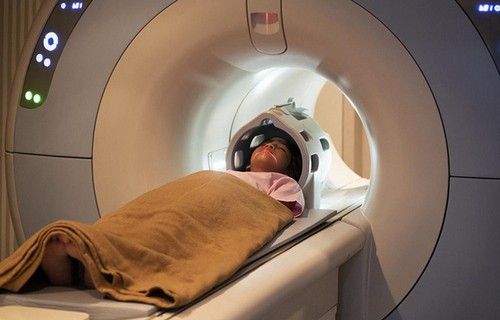The authors of the study warn: such appointments are a direct path to the fact that antibiotics will no longer be effective in the fight against even the smallest of the treatable pathogens.
In fact, every sixth adult and every tenth child in 2016 received an absolutely unnecessary antibiotic prescription.
According to a new study by the University of Michigan , in 2016 only 8% of all antibiotic prescriptions were justified. In the remaining cases, their necessity turned out to be doubtful: 23% of the prescriptions were considered erroneous, 36% were considered “potentially necessary,” and 28% of the antibiotics were prescribed without an established and documented diagnosis.
It is noteworthy that the other day WHO published an annual list of ten global threats to humanity, which in addition to air pollution and deliberate refusal of vaccination included the emergence of new antibiotic-resistant infections.
In their report, WHO representatives emphasize: the resistance of bacteria, fungi, parasites to antimicrobials threatens to push humanity far back – at a time when we could not save people with infections such as pneumonia, tuberculosis, gonorrhea and salmonellosis. So, in 2016, in 600,000 cases of tuberculosis, resistance to rifampicin, the most effective first-line drug, was revealed.

It is important to understand: the formation of resistance to antibiotics is a natural phenomenon, but the misuse of these drugs significantly speeds up the process. Scientists have to carry out more and more research in order to develop more and more antibiotics to combat “super bacteria”. Since the cost of such studies is quite high, the prices of modern antibiotics are also significantly higher.
Here’s what you need to know about how antibiotics work (basic information):
- Antibiotics are indicated and effective in the fight against bacterial infection. Bacterial nature most often has some skin infections, pneumonia, some ear infections, acute otitis media in children, bladder infections.
- Antibiotics will not help with viral infections. With flu, acute respiratory viral infections, bronchitis, they are useless.
- To establish the nature of the disease “by eye” is extremely difficult. Sometimes, laboratory studies are necessary to distinguish a viral infection from a bacterial infection.
- The course of antibiotics should not be interrupted, even if the symptoms of the disease have disappeared. In this case, only the most antibiotic-sensitive bacteria will die, and the insensitive and resistant bacteria will continue to grow. Getting rid of them will become even more difficult.
- You can not take antibiotics yourself – they should be prescribed by a specialist. In this case, do not be afraid to ask the doctor questions, ask why he prescribed this drug. And yes, probiotics for “bowel protection” are also optional. Indications for their use are very, very small (here HERE gastroenterologist Aleksey Golovenko tells when this can really help).



